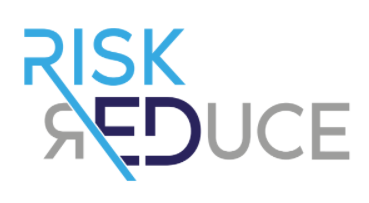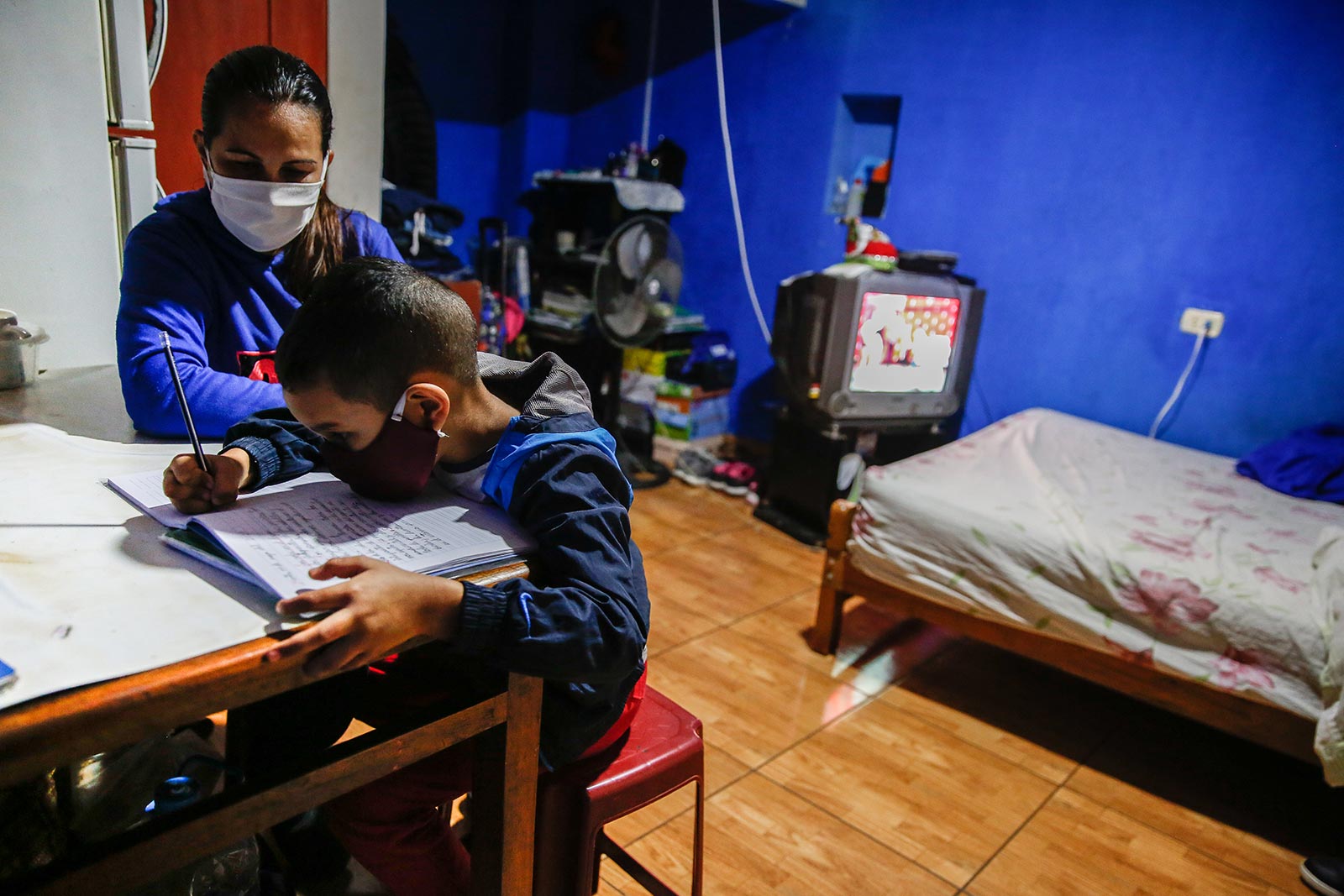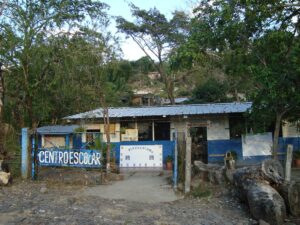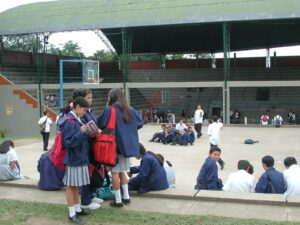Crisis Management for Disaster Risk Reduction in Education Systems

This project will contribute to theory and practice by understanding how decentralized education systems are responding to the COVID-19 crisis and how lessons learned can help us prepare for future crises.

The COVID-19 pandemic has led to an unprecedented disruption of education around the world. In Latin America (LA), where this proposal is focused, 95% of children are out of school (Malo de Alvarado, 2020). Government reaction in this region has centered, first, on organizing committees to prepare crisis response proposals together with non-governmental organizations and international cooperation agencies (PREAL, 2020).
Second, government response has focused on educational technologies to keep students engaged. States are thus managing processes of crisis response preparation while simultaneously implementing new learning technologies that go beyond the traditional focus on equipment acquisition (e.g., computers). However, in pursuing technology-focused crisis responses, one feature of LA education systems has not been addressed: decentralization.
While the response to the crisis in many countries has been centrally-directed, the fact remains that response strategies will be implemented in systems with varying degrees of decentralization (with sub-national levels characterized by disparities of capacity and access to technology). Questions thus arise around how LA education systems are managing tensions between centralization and decentralization. There are benefits and tradeoffs to both. On one hand, research has found that decentralized educational technology requires strong central coordination (Michalak et al., 1999); on the other hand, decentralized actors can—and, in many cases, are being forced to—complement if not substitute for the response of the national government.
The purpose of this study is to understand these realities and to learn lessons for future disaster preparation and response.

Rationale
The COVID-19 pandemic has led to an unprecedented disruption of education around the world. In Latin America (LA) 95% of children have been impacted (Malo de Alvarado, 2020). In response regional government has solicited crisis response proposals from stakeholder organizations (PREAL, 2020) and focused on educational technologies to keep students engaged. States are both managing crisis response preparation while simultaneously implementing new learning technologies.
However, in pursuing technology-focused crisis responses, one feature of LA education systems has not been addressed: decentralization.
Many countries responses to the crisis have been centrally-directed, yet implemented in systems with varying degrees of decentralization (with sub-national levels characterized by disparities of capacity and access to technology). Questions thus arise around how LA education systems are managing tensions between centralization and decentralization. There are benefits and tradeoffs to both. Decentralized educational technology requires strong central coordination (Michalak et al., 1999); on the other hand, decentralized actors can—and, in many cases, are being forced to—complement if not substitute for the response of the national government.
The purpose of this project is to understand these realities and to learn lessons for future disaster preparation and response.
Our Approach
This project uses policy sociology, systems thinking, and technology integration approaches to reveal how crisis management responses have been formulated and enacted throughout the education system—and the consequences for families, schools, and communities.
As a region that has received less attention in the Education in Emergencies (EiE) literature, Latin American case studies can offer novel insights across multiple contexts on the opportunities and challenges presented by decentralization and technology.

Where we are focused
The case countries—Honduras, El Salvador, and Colombia—have been selected, first, because educational responses to the crisis have centered on the use of distance learning technologies (e.g., Google classroom, Whatsapp, YouTube channels, TV and radio-transmitted lessons, online resource portals, and virtual communities; UNESCO, 2020), and, second, because they represent distinct-yet-common forms of decentralization (community-based management in Honduras, school clusters in El Salvador, and municipalization in Colombia).


El Salvador

Colombia

